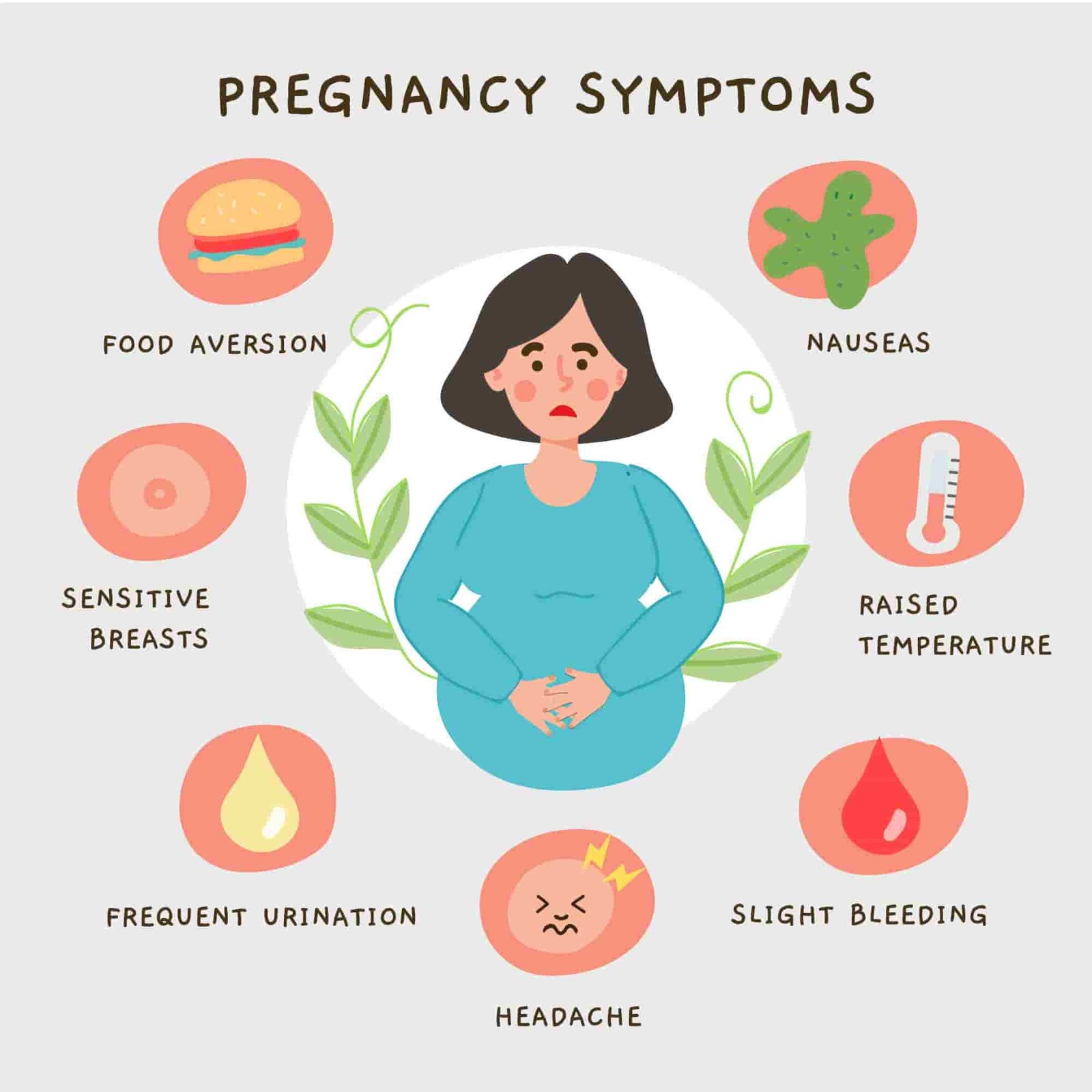Introduction to Nutrition
Nutrition is the science of food and its relationship with our bodies. It is the cornerstone of a healthy lifestyle, as it helps us maintain good health and prevent chronic diseases. In this article, we will explore the essential components of nutrition, including macronutrients, micronutrients, hydration, fiber, and more. We’ll also discuss the importance of a balanced diet, nutrient timing, supplements, and special dietary needs.
Macronutrients
Carbohydrates
Types of Carbohydrates
Carbohydrates are the body’s main source of energy. They can be classified into two types: simple and complex. Simple carbohydrates are found in fruits, milk, and refined sugar products, while complex carbohydrates are present in whole grains, vegetables, and legumes.
Health Benefits
Carbohydrates provide energy for our daily activities and are essential for brain function. They also aid in digestion and help maintain muscle mass. Complex carbohydrates, in particular, provide sustained energy and help maintain blood sugar levels.
Proteins
Essential Amino Acids
Proteins are the building blocks of our body, responsible for growth, repair, and maintenance of tissues. They are composed of amino acids, nine of which are essential and must be obtained through our diet.
Health Benefits
Protein is vital for muscle growth and repair, immune function, and hormone production. It also promotes satiety, helping with weight management.
Fats
Unsaturated Fats
Unsaturated fats are considered healthy fats and are primarily found in plant-based foods, such as avocado, nuts, and olive oil. They are further divided into monounsaturated and polyunsaturated fats.
Health Benefits
Unsaturated fats help lower bad cholesterol (LDL) levels, reduce inflammation, and support brain health.
Saturated Fats
Saturated fats, mainly found in animal products, have been associated with an increased risk of heart disease. However, not all saturated fats are created equal, and some sources, like coconut oil, can provide health benefits.
Health Benefits
Saturated fats are essential for hormone production and can provide a quick source of energy.
Micronutrients
Vitamins
Fat-Soluble Vitamins
Fat-soluble vitamins include vitamins A, D, E, and K. These vitamins are stored in the body’s fat tissues and are essential for various bodily functions.
Health Benefits
Fat-soluble vitamins play crucial roles in maintaining healthy vision, immune function, bone health, blood clotting, and antioxidant protection.
Water-Soluble Vitamins
Water-soluble vitamins include the B-complex vitamins and vitamin C. They are not stored in the body and must be replenished daily through our diet.
Health Benefits
Water-soluble vitamins are vital for energy production, immune function, collagen synthesis, and maintaining healthy skin, hair, and nails.
Minerals
Types of Minerals
Minerals are inorganic substances that our bodies need in small amounts to function properly. Some important minerals include calcium, magnesium, potassium, sodium, and iron.
Health Benefits
Minerals support various bodily functions, including bone health, muscle function, fluid balance, and oxygen transport.
Hydration
Water is essential for life, as it helps regulate body temperature, transport nutrients, and eliminate waste. Staying hydrated is crucial for maintaining energy levels, cognitive function, and overall health.
The Role of Fiber
Fiber is a type of carbohydrate that the body cannot digest. It is found in whole grains, fruits, vegetables, and legumes. Fiber plays a significant role in maintaining digestive health, regulating blood sugar levels, and promoting satiety.
Importance of Balanced Diet
A balanced diet ensures that our bodies receive all the essential nutrients required for optimal health. Eating a variety of foods from all food groups, including fruits, vegetables, whole grains, lean proteins, and healthy fats, is crucial for supporting overall well-being and preventing chronic diseases.
Nutrient Timing
Nutrient timing refers to the strategic consumption of certain nutrients at specific times to optimize health and performance. For example, consuming protein and carbohydrates post-workout can aid in muscle recovery and glycogen replenishment.
Supplements
Supplements can be helpful in filling nutritional gaps when our diet does not provide all the necessary nutrients. However, it is essential to consult a healthcare professional before starting any supplementation, as excessive consumption of certain vitamins and minerals can be harmful.
Special Dietary Needs
Individuals with specific dietary needs, such as vegans, athletes, or those with food allergies, may require tailored nutrition plans to ensure their bodies receive all the essential nutrients.
Conclusion
Proper nutrition is the foundation of a healthy lifestyle. Understanding the importance of macronutrients, micronutrients, hydration, fiber, and maintaining a balanced diet is essential for optimal health and well-being. Always consult with a healthcare professional before making any significant dietary changes or starting a supplementation regimen.
FAQs
1. What is the difference between macronutrients and micronutrients?
Macronutrients are nutrients required in large amounts, such as carbohydrates, proteins, and fats. Micronutrients, on the other hand, are required in smaller amounts and include vitamins and minerals.
2. How can I maintain a balanced diet?
A balanced diet involves consuming a variety of foods from all food groups, including fruits, vegetables, whole grains, lean proteins, and healthy fats. It also involves maintaining portion control and staying within your daily caloric needs.
3. Are supplements necessary for optimal health?
Supplements can be helpful for filling nutritional gaps, but they should not replace a balanced diet. Always consult with a healthcare professional before starting any supplementation.
4. How much water should I drink daily?
The general recommendation is to drink at least eight 8-ounce glasses of water per day.








